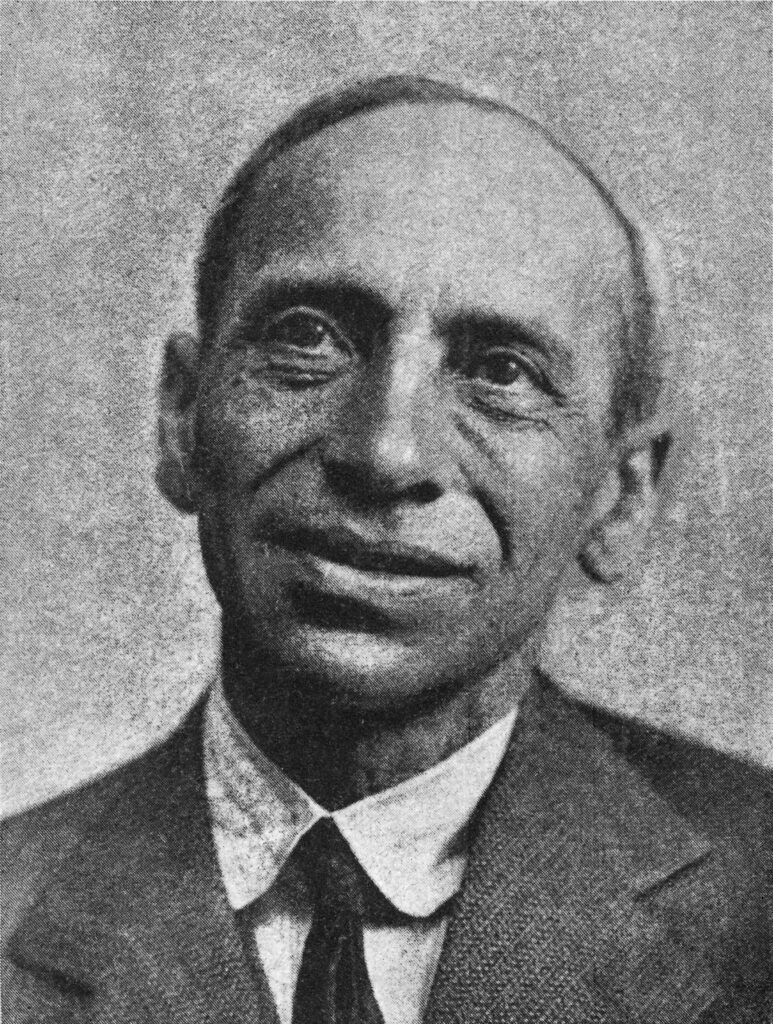M Goldshteyn is a pseudonym for Moyshe Bershling (1900?-1941), who was born in Piaski. He later lived in Łódź and Bialystok, where he worked as a Jewish history teacher. He was an organizer in the Linke Poale-Tsiyon (leftist workers of Zion), and cofounded an organization devoted to the colonization of Birobidzhan. He wrote poems for numerous publications. He was arrested in Bialystok in July 1941, and was never seen again.
(more…)The Song Remains

דאָס ליד איז געבליבן
Welcome to our collection of Yiddish poems with English translations from Nazi German occupied Poland. We’ll be publishing one new poem per week into 2027, so be sure to subscribe to get free weekly updates.
-
-
About Shloyme (Shlomo) Burshteyn
Shloyme (Shlomo) Burshteyn (1920-1943) was born in Białystok, and began writing poetry at age 17. He was confined in the Białystok ghetto, where he was active in the underground. He later spent a short time in the Łódź Ghetto before being deported to the Bliżyn concentration camp where he was murdered in 1943.
(more…) -
The Ring
Miryem (Miriam) Ulinover
“Never ever take this off
(more…)
not in joy or sadness
unless you are washing
to eat a piece of bread.” -
Farewell, my Kraków
Mordche (Mordechai) Gebirtig
Farewell, my Kraków!
(more…)
farewell my dear
The wagon waits before my house
and mad enemies are here drive me out
like you would cruelly chase a dog -
In the Middle of the Way
Hinde Nayman
From my hair rain is running
(more…)
my cheeks are wet
I come to muddy thresholds as a guest
am silent, about where and to whom -
About Hinde Nayman
Hinde Grin-Nayman (1916-1944) was born in Łódź and spent her youth there. After studying literature and chemistry at Warsaw University, she started publishing poetry in Yiddish and Polish in 1934. She wrote a novel about Jewish student life that was never published. She and her husband Yerakhimiel Grin were imprisoned in the Janów concentration camp, and was murdered in 1944. Her song, Mir zitsn bam zamdbreg tsufusns un trinken lekhayim mitn toyt (We’re sitting by the edge of the sand and drinking “to life” with the dead) was popular in many death camps.
(more…) -
March of the Unemployed
Mordche (Mordechai) Gebirtig
One Two Three Four
(more…)
unemployed are we
haven’t heard month’s long
the factory’s hammering sound
tools lay cold forgotten
rust has made them rotten
and we walk around the streets
like the wealthy here and there
like the wealthy here and there -
About Mordkhe (Mordechai) Gebirtig

Mordkhe (Mordechai) Gebirtig (1877-1942) was born Markus Bertig in Kraków, and is one of the best known Yiddish poets. He trained as a carpenter, but his true passion was the theater. He published his first book of poetry in 1920, and made many of his poems into songs.
(more…)